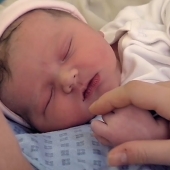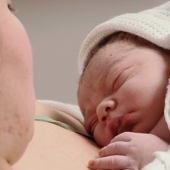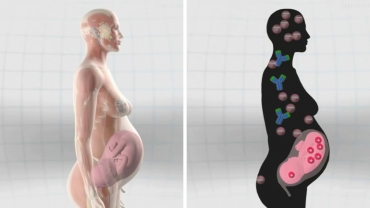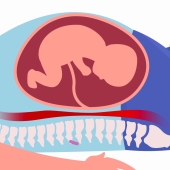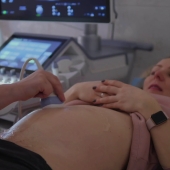Stella Dantas, MD OB/GYN: When you're first pregnant, in the first trimester, we order a bunch of screening labs on every pregnant woman. We need to know what your blood type is, we need to see what your starting blood count is, we do a urinalysis to make sure you don't have a infection in your urine that we don't know about. We also do a whole bunch of testing on infectious diseases that can affect the pregnancy, so HIV test, a test for syphilis, a test for hepatitis, and we do a gonorrhea and chlamydia screen as well. We'll also want to know what your blood type is. If you're RH positive or negative.
Shauna Hicks, MD OB/GYN: Most women are RH positive, some women are RH negative. If you're RH negative, it can pose problems for the next baby, if the baby that you're carrying right now is RH positive.
Stella Dantas, MD OB/GYN: We'll need to give you an injection of something that will help prevent problems in future pregnancies.
Shauna Hicks, MD OB/GYN: So if you're RH negative, you get an injection around 28 to 30 weeks of pregnancy, and again after the baby's born, if the baby does turn out to be RH positive, because we don't really have a way to test the baby for RH factor when he or she is inside. And then we test your baby each pregnancy to see if you need it again after delivery.
Stella Dantas, MD OB/GYN: If you have other medical issues,bthere are sometimes additional tests that we will order. So you just need to talk to your provider to find out what tests are appropriate for you.
- 9 views


